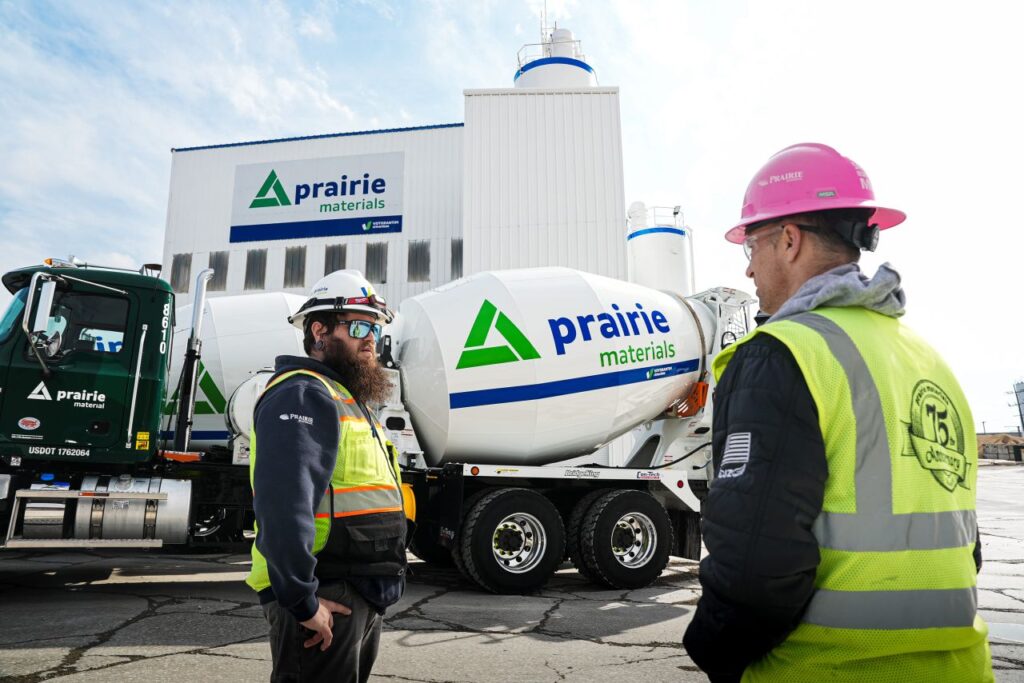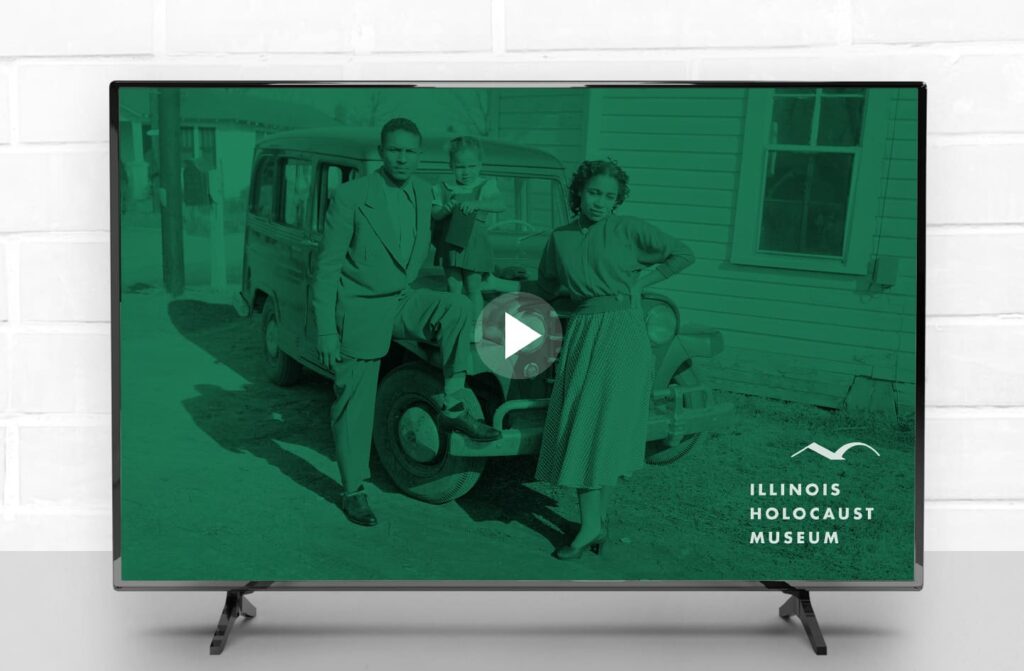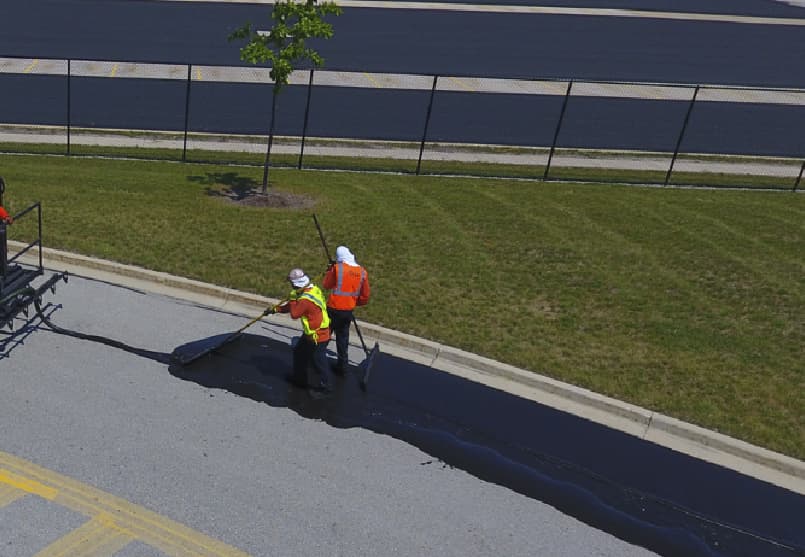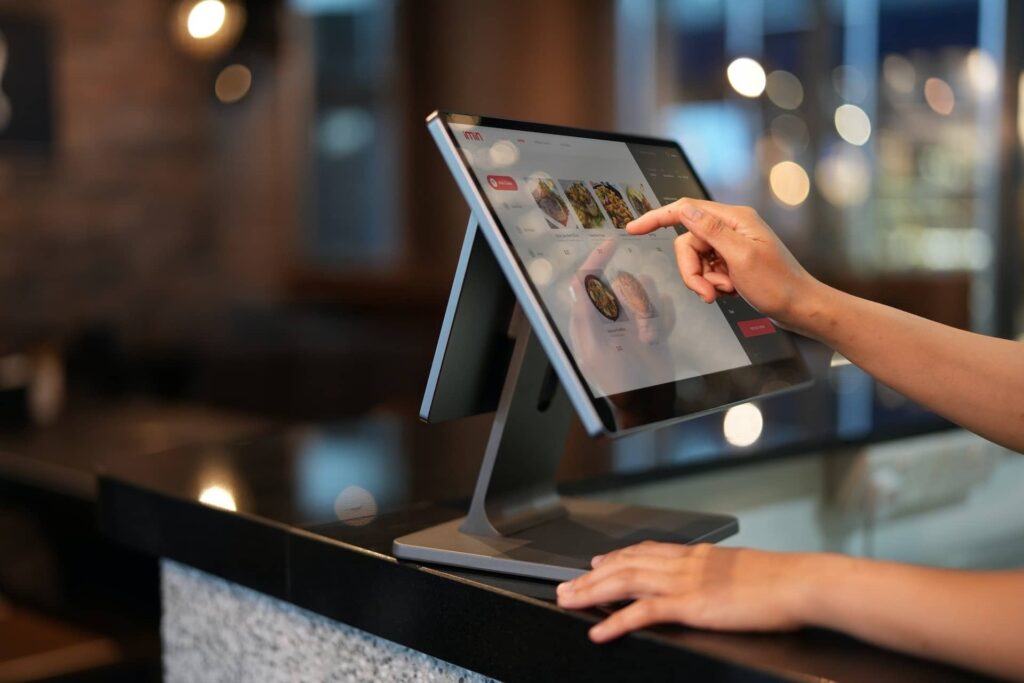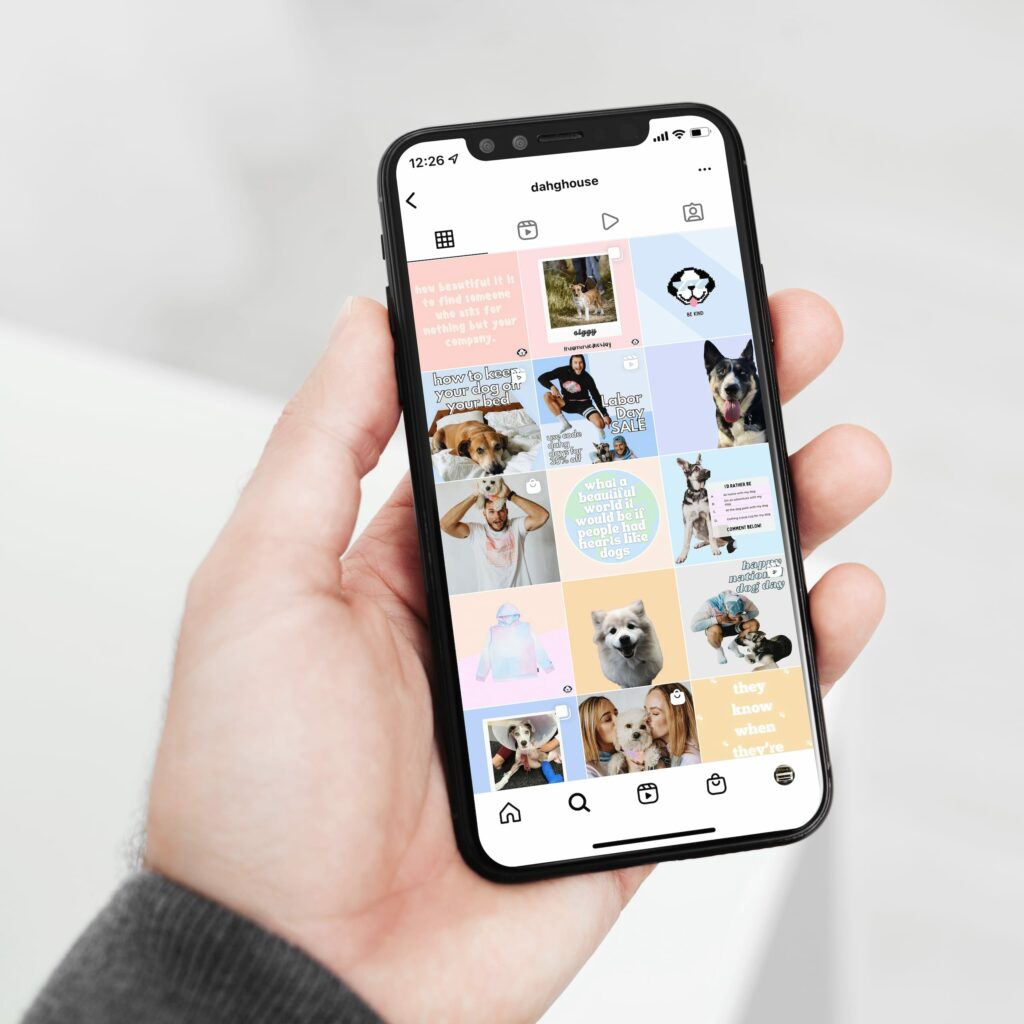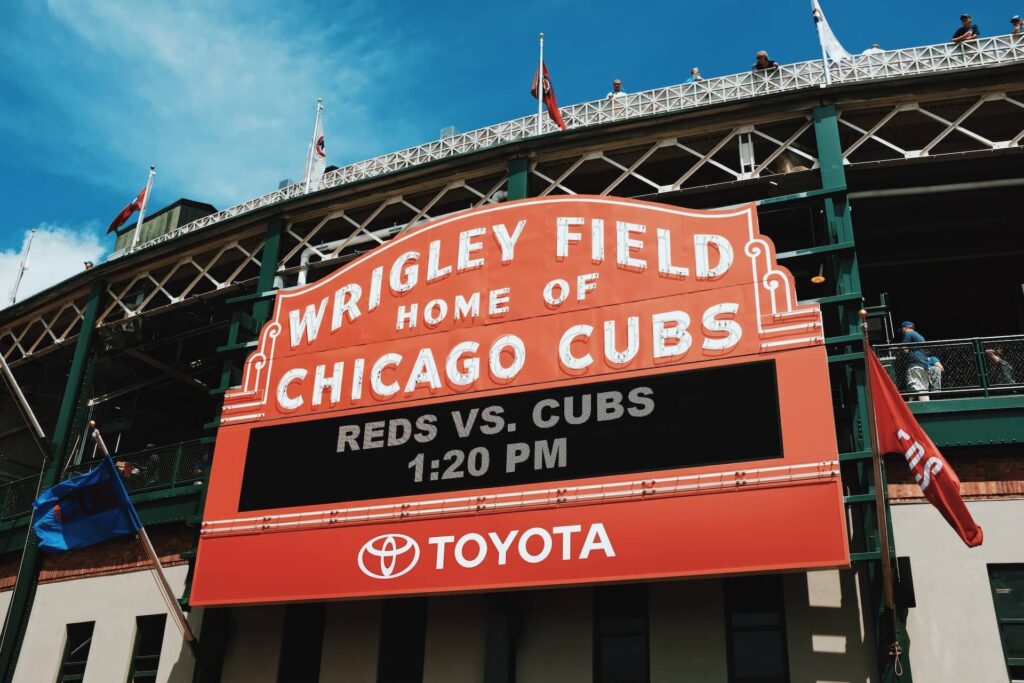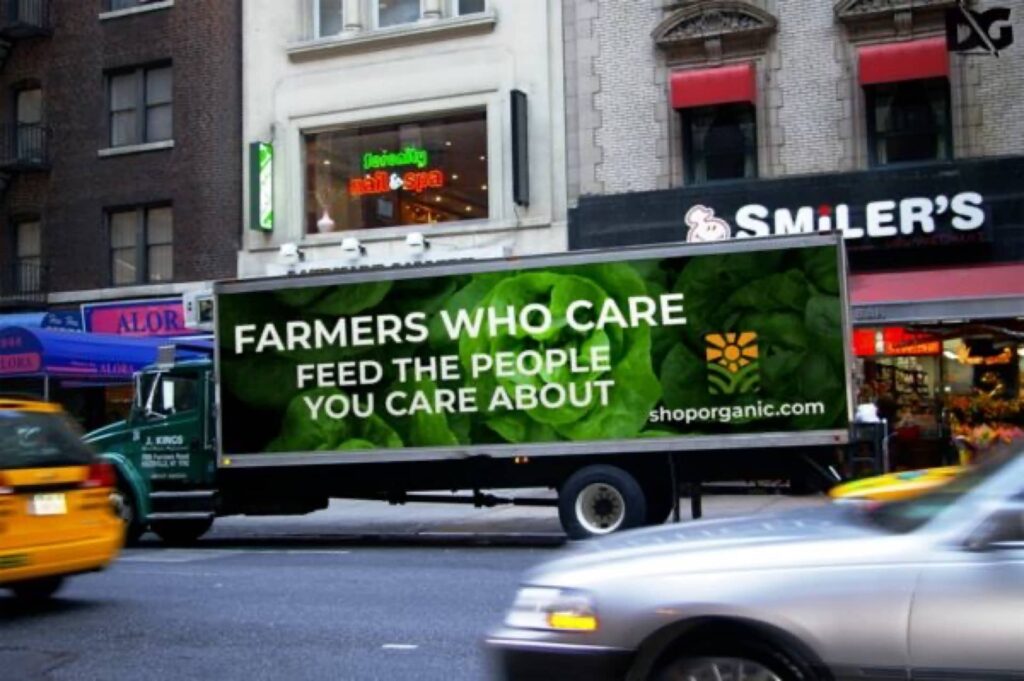Branding & Brand Strategy
In-depth research, a clear understanding of industries, and the expertise of a seasoned team come together to deliver effective branding strategies paired with fresh, creative design—helping brands build, establish, and grow with impact.
Contact Us to Get StartedBranding is more than just a name and a logo. Branding is an initiative focused on defining an organization, how it interacts with audiences, and its place amongst the competition in the market. VisualFizz develops branding strategies that focus on building lasting foundations and growth for brands and companies.
Interested in learning more? Fill out this form, and we'll be in touch with you soon!
Brand Development
Your brand is the cornerstone of your identity and how your audience connects with your business. We specialize in comprehensive brand development, helping you create or refine every aspect of your brand strategy. Whether you’re building a new brand from scratch or revitalizing a 150-year-old legacy, we tailor our approach to meet your unique needs. From defining your brand identity and voice to developing positioning strategies and ensuring consistent messaging, we focus on crafting a cohesive presence that resonates with your target audience and supports sustainable growth. Let’s bring your brand to life with strategies designed to stand out and make a lasting impact.

New Market Research and Brand Positioning
Entering new markets requires an experienced guide and no small amount of market research. We’ll set up structured experiments to explore new channels in a controlled, strategic way. Learn all there is to know about potential markets and target audiences with Market Research and New Market Testing campaigns by VisualFizz.
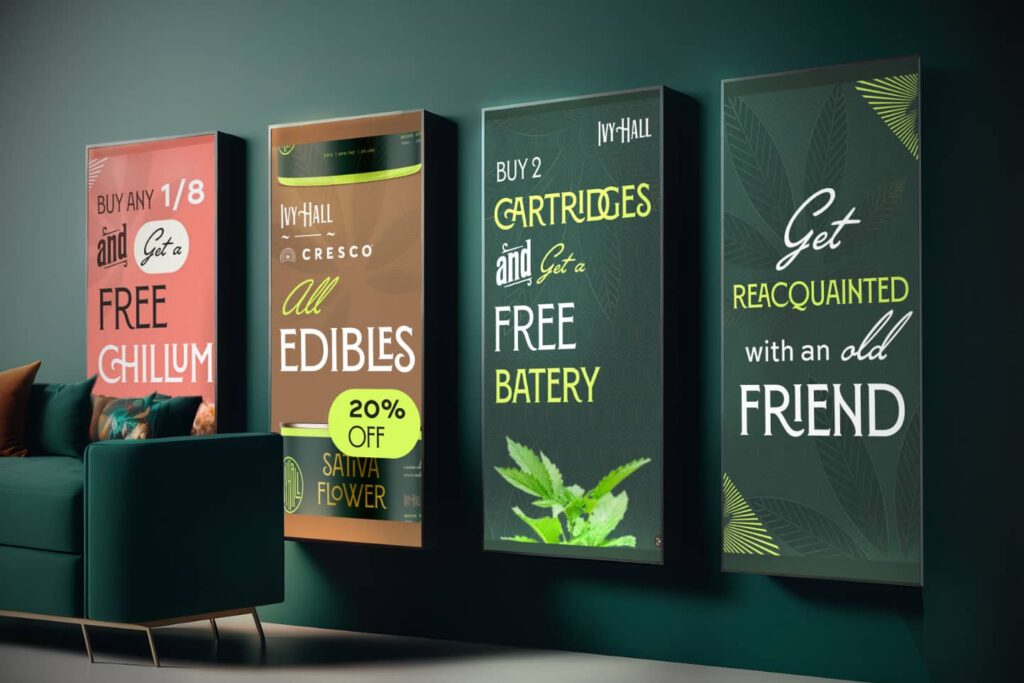
Logo Design and Branded Media Creative
Your logo is your most recognizable brand asset, and logos are critical to successful branding initiatives. From the first iteration in the design stage to a completely custom-built brand asset library, VisualFizz’s branding team guides you from start-to-finish on how to build a brand that creates the best experience for your audiences. We’ll ensure a consistent look and feel exists for all of your branded assets, from logo to launch.

Corporate Brand Identity
Your corporate brand identity is the basis of how your business is recognized and remembered. Our goal is to partner with you to create a cohesive, impactful identity for your brand. Whether you are an established brand with a strong focus on years of achievements, or a newer brand looking to solidify your corporate brand identity, we blend strategy, creativity, and research to ensure that every element—from logos to color palettes, typography, and messaging—aligns with your mission and resonates with your audience.
Our approach prioritizes clarity, consistency, and alignment across all touchpoints, helping established brands refine their identity to stand out in competitive markets and build trust. Through research-driven insights and a collaborative process, we craft corporate identities that not only reflect who you are but also drive meaningful connections and long-term growth.

Multi-Channel Brand Strategy
Focus on the full scope of your brand reach with multi-channel brand strategies by VisualFizz. From your website and social media channels, from your email marketing and to your physical brand assets, VisualFizz allows brands to meet customers with the right message at the right time, anywhere they’re found.

Videography and Commercial
Videography, branded video assets, and brand commercials act as highly visual, memorable touchpoints in the customer journey. Showcase your brand in its best light and evoke emotional responses from audiences with fully branded, stunning videography and video media by VisualFizz.

Conversion Rate Optimization and UX
VisualFizz’s full-service branding team evaluates your website’s current capabilities and looks for opportunities to optimize for a stronger, better User Experience.

Branding With A Purpose
A brand’s voice, personality, and mission are critical to its success. VisualFizz combines digital marketing and physical marketing services in the real world with unforgettable and functional digital experiences, delivering an on-brand, controlled experience wherever your audience is found.
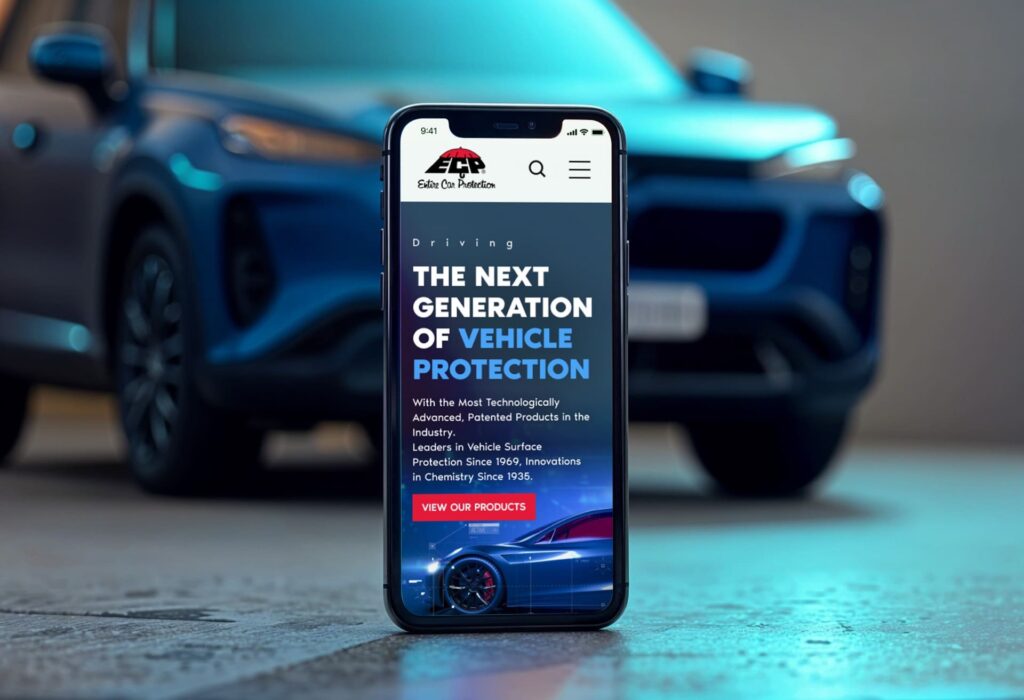
What Does Branding Mean?
Branding is defined as “the marketing practice of actively shaping a brand’s assets, approaches, and actions to distinguish from other brands.”
VisualFizz brand strategies increase brand awareness, reach new audiences, and connect emotionally with those that matter the most. The goal is simple – make sure your brand is recognizable, preferable, and irresistible.
VisualFizz brand strategies usually aim to first establish a brand, then to incorporate several marketing channels to support the best outcome for that brand. By focusing on the channels and strategies that address each point in the conversion funnel, VisualFizz can create a greater brand lift and ROI impact than with one single channel alone.
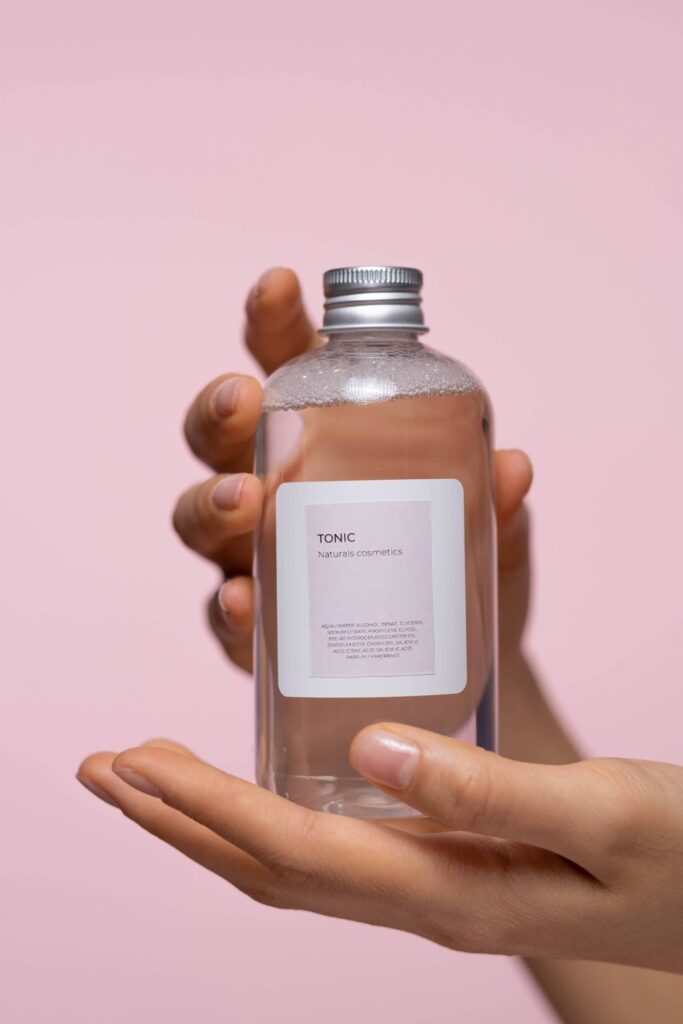
Powerful Branding, Online And Offline
VisualFizz Branding campaigns aim to stir emotional responses and evoke strong opinions about your brand. These emotional responses are what influences a user to make a decision, to take an action, to become a loyal customer. From emerging startups to established brands, from household names to brands looking to reposition or redesign, VisualFizz knows how vital it is for branding to be consistent and memorable across all channels.

Your Brand - Amplified
Branding and Brand Strategies by VisualFizz are unique – just like you. If you’re ready to explore the world of branding, get in touch with us today.
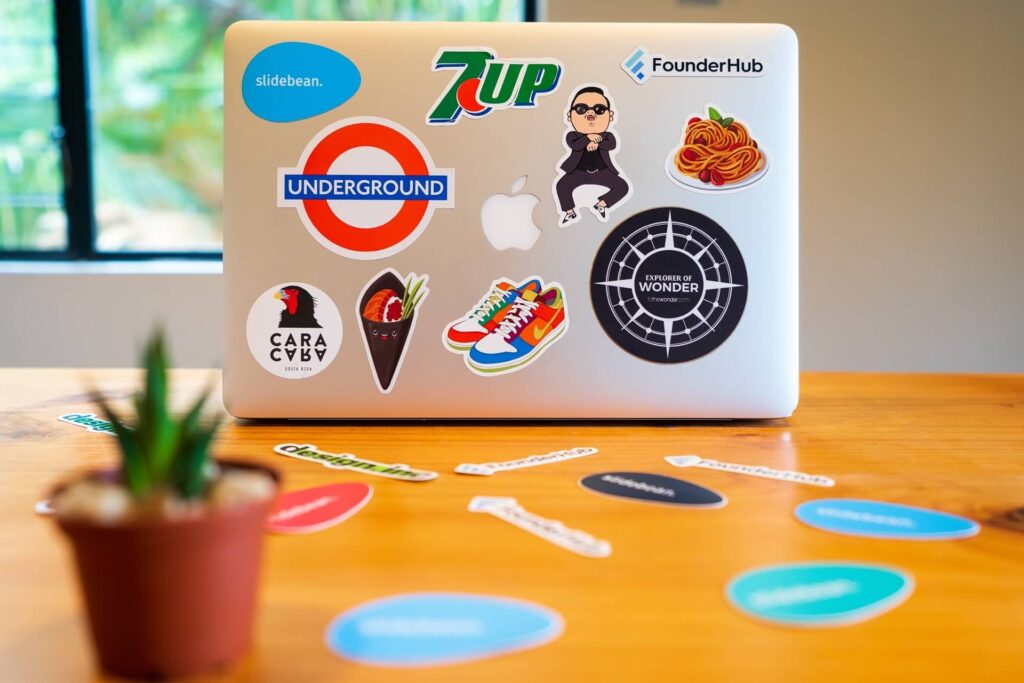
Branding & Brand Strategy Case Studies
Partners
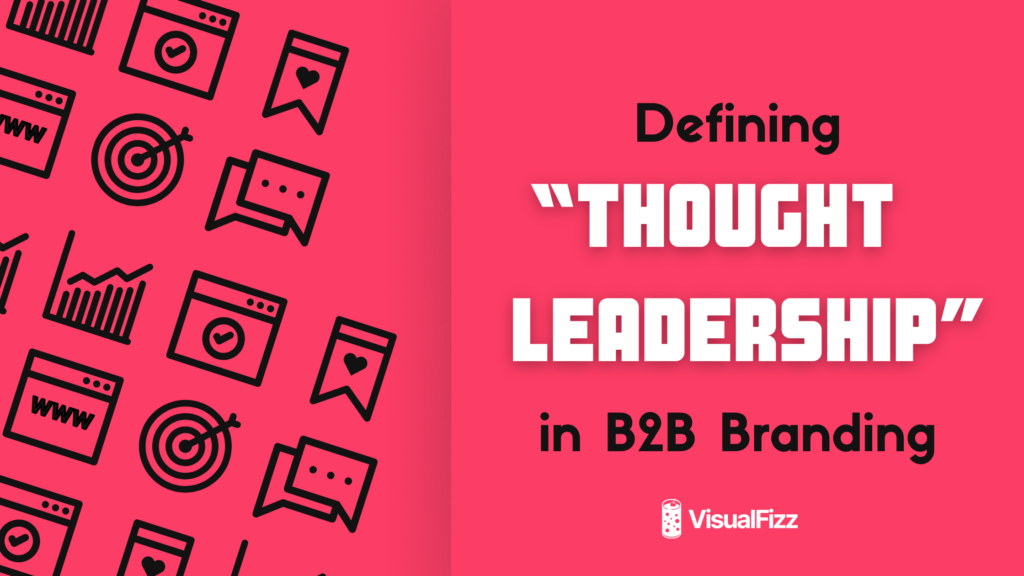


Let’s Work Together
"*" indicates required fields
Fueling Growth and Nurturing Client Relationships Since 2016
Contact the leadership team. We’ll discuss:
- Understanding Your Business
- Chatting About Marketing Goals
- Brand Strategy and Recommendations
- Learning More About VisualFizz
- Setting Expectations and Planning
- Budget and Timeline
If we’re a fit, we’ll tailor our marketing strategy and brand-building process to your unique goals and needs. Every project plan is developed custom for you. Straightforward results, every time.










